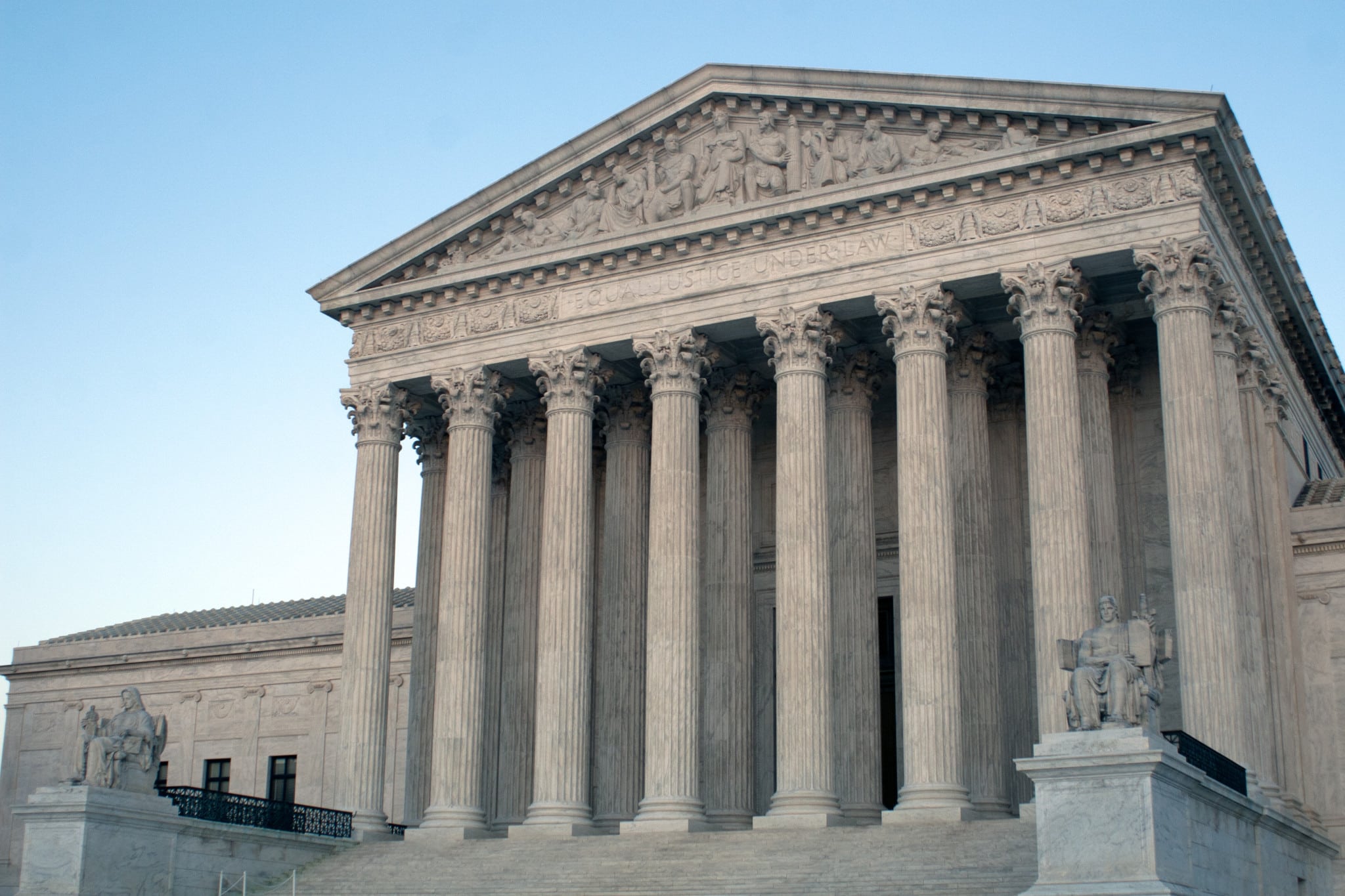
Supreme Court justices were scheduled Sept. 30 to consider requests to overturn a ban on the private interim storage of spent nuclear fuel, according to a notice published Wednesday.
The two requests stem from a 2023 decision in a lawsuit filed by Texas in the U.S. Fifth Circuit Court of Appeals that voided a Nuclear Regulatory Commission license issued to Interim Storage Partners (ISP), a joint venture of Orano USA and Waste Control Specialists.
According to the dockets in both cases, NRC and ISP petitions for high-court review were to be distributed to the nine Supreme Court justices on Sept. 30.
After the justices review the petitions in what is officially called a conference, they will decide whether to hear arguments from attorneys, decide the case based only on briefs filed with the high court since June, or let the Fifth Court ruling stand.
It usually takes a week for the justices to announce the results of a conference, according to the Supreme Court’s website. The court is an independent branch of the federal government.
The Fifth Circuit Court in 2023 ruled that the Atomic Energy Act, which created the NRC, did not give the agency the authority to license storage of spent fuel away from the reactors that created it.
The circuit court also said that Congress needed to specifically authorize away-from-reactor storage of spent fuel by private companies, invoking the major-questions doctrine the Supreme Court used in 2022 to roll back the authority of some executive agencies.
The NRC argued in the Fifth Circuit, and again this summer before the Supreme Court, that the Atomic Energy Act allows the agency to regulate three isotopes found in all spent fuel and that Congress gave the agency discretion to decide how the commission regulates those isotopes.
Meanwhile, ISP, in a brief submitted to the Supreme Court last week, said that Fasken Land and Minerals, a group that allied itself with Texas in the Fifth Circuit case, “made up” legal provisions to support its circuit-court argument that NRC cannot license commercial spent fuel facilities.
Federal law “says nothing of the sort,” ISP wrote in its brief.
ISP, which planned an interim storage site near Waste Control Specialists’ existing radioactive waste disposal site in Andrews County, Texas, also said the Supreme Court needed to settle a split in legal opinions among lower courts.
The Fifth Circuit ban on commercial, NRC-licensed interim storage contradicts rulings in the 10th Circuit and District of Columbia Circuit Courts, ISP said.
The Supreme Court was set to begin a new term on Oct. 1. The highest court in the land reviews only about two percent of the cases it is asked to review every year, according to an official website of the federal court system.